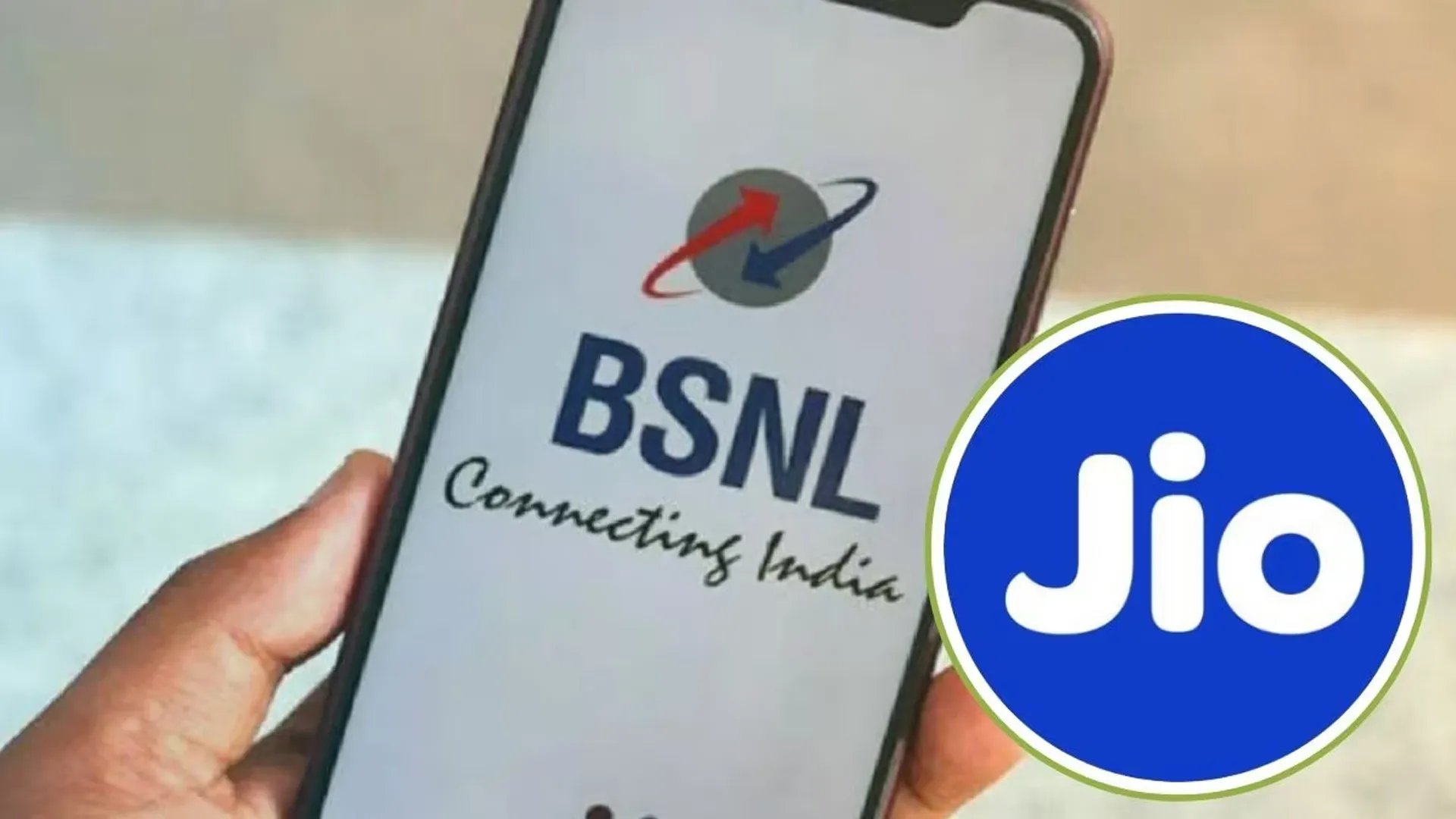Bharat Sanchar Nigam Limited (BSNL) has strongly refuted the charge of a Rs 1,757.76-crore revenue loss to the Centre on account of non-billing of Reliance Jio Infocomm Limited (RJIL). The government-owned telecom service provider explained that the amount, quoted in a government audit, was arrived at through a misinterpretation of contractual terms and does not represent real losses.
BSNL Refutes Charge of Rs 1,757.76-Crore Loss
Rebutting the Department of Expenditure (DoE), BSNL declared that previous claims of revenue loss were due to the falsification and misuse of provisions under add-on components in the Master Service Agreement (MSA) with Reliance Jio.
As per BSNL, the company has already invoiced Rs 108 crore to Jio and is seeking further payments over and above base rental charges under the terms of the MSA. “There is no revenue loss to BSNL, as previous demand, and therefore, loss (of Rs 1,757.76-crore) had been erroneously overestimated due to misrepresentation and application of the clause for add-on components,” reiterated the company in its response.
CAG Report Highlights Alleged Shortcomings
The Comptroller and Auditor General (CAG) had previously pointed a finger at BSNL for not strictly enforcing the terms of the MSA, indicating that the telco did not bill Jio for extra technologies implemented on BSNL’s passive infrastructure between 2016 and 2020. The CAG report estimated the total revenue loss at Rs 1,757.76 crore, of which Rs 29 crore resulted from non-compliance with escalation clauses for infrastructure sharing charges.
“BSNL failed to enforce the Master Service Agreement (MSA) with M/s. Reliance Jio Infocomm (RJIL) and did not bill it for the additional technology used on BSNL’s shared passive infrastructure, resulting in loss of Rs 1,757.76-crore and penal interest thereon, between May 2014 to March 2024 to the government exchequer,” CAG in its report said, as per an earlier report.
BSNL Disagrees With CAG’s Interpretation
BSNL rebuffed the audit report, claiming that the CAG report ignored the bilateral nature of the MSA with Jio. The telecom company contended that terms for extra technologies were negotiated in April 2018, and a final addendum to the MSA was executed on January 31, 2025, to provide for fees for both TDD and FDD 4G technologies over and above the normal purview.
The revised agreement aligns with government policies encouraging infrastructure sharing among telecom players, BSNL noted.
BSNL’s Infrastructure Sharing Strategy
BSNL initiated its infrastructure-sharing program in 2014 to cut capital and operational expenses. By 2020, the network had shared 13,146 towers, including 8,363 with Jio, 2,779 with Bharti Airtel, and 1,782 with Vodafone Idea.
Jio paid installments regularly each year: Rs 171.81 crore (2016–17), Rs 472.80 crore (2017–18), Rs 678.38 crore (2018–19), and Rs 402.28 crore in the first three quarters of 2019–20.
BSNL is now set to file its response to the Centre after taking required internal clearances, due this month end.









